About CREDA
The Commercial Real Estate Data Alliance is a consortium of over 40 academics dedicated to achieving data parity with other major asset classes. Specifically, CREDA believes that improved access to and understanding of available data in commercial real estate is key to fostering higher quality research and interactions in between academia and industry, to the benefit of the entire commercial real estate community.
About the CREDA Real Estate Research Symposium
An annual event since 2016, the CREDA Real Estate Research Symposium brings together leading academics, industry practitioners and policy makers to discuss cutting-edge research questions that are of interest to the broader commercial real estate community. The event intermingles academic paper presentations and practitioner panels with the aim of fostering dialogue that advances our knowledge.
Theme for the 2025 symposium is “Real Estate Investment Vehicles: Why and How Do They Matter?”
Meet Speakers
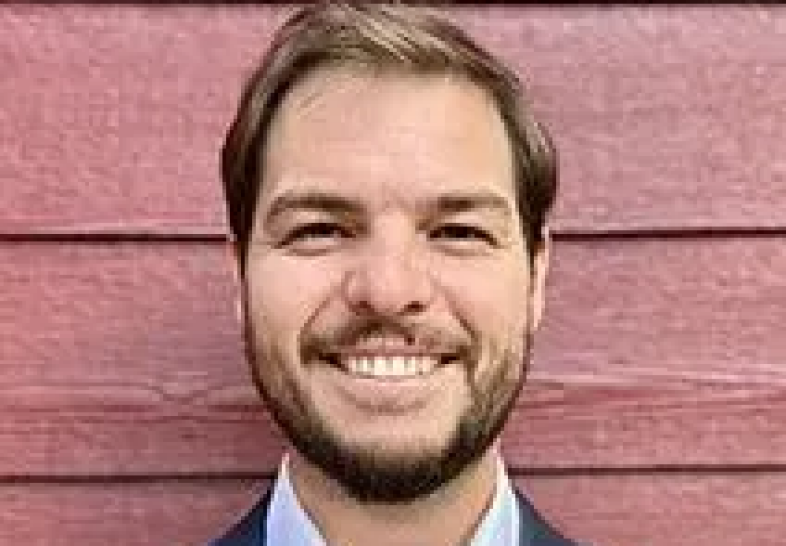
Ryan Chacon
Ryan Chacon
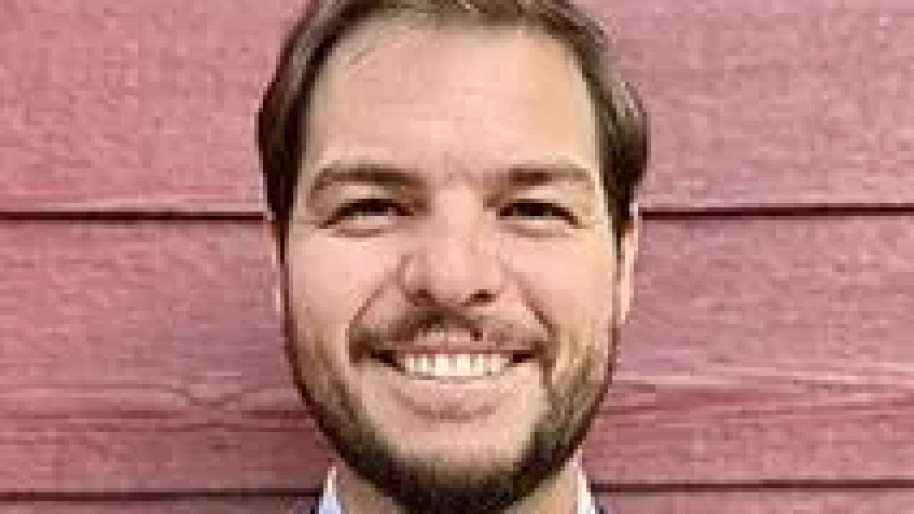
Ryan Chacon is an assistant professor in the Burns School of Real Estate and Construction Management at the Daniels College of Business, University of Denver. His research focuses on institutional real estate investment and has been published in leading academic journals, including the Journal of Financial and Quantitative Analysis, the Journal of Real Estate Finance and Economics, and the Journal of Real Estate Research. In addition to his academic work, Dr. Chacon serves on the Board of the El Paso County Pension Fund. He holds a bachelor’s degree in finance from Florida State University and a doctorate in financial economics from the University of Missouri.
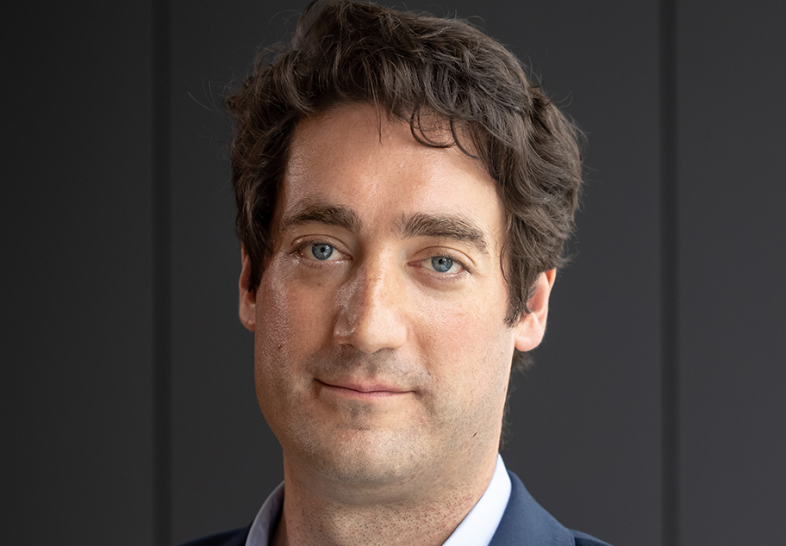
Drew Conway
Drew Conway
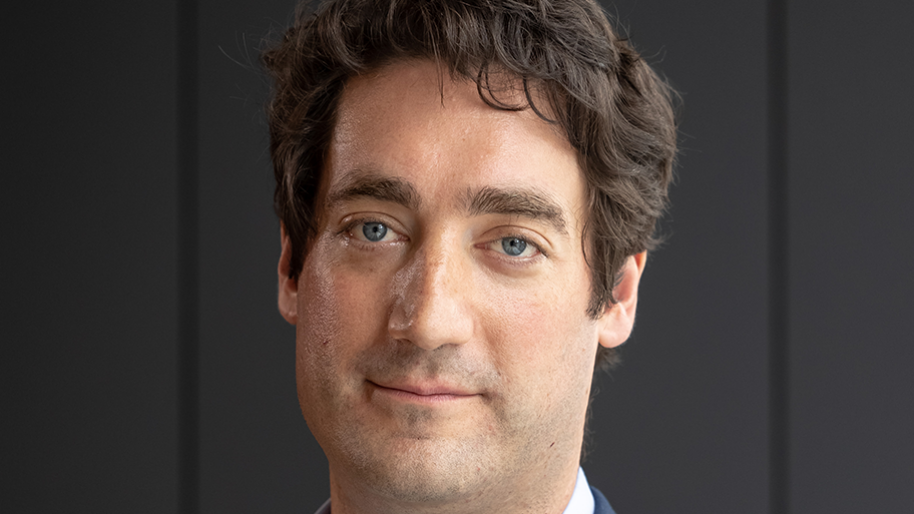
Drew Conway joined Two Sigma in April 2019 and is currently Head of Data Science for Two Sigma’s private investment businesses, where his responsibilities include oversight of all private investment data science initiatives including those related to Two Sigma Real Estate, where he manages strategy and resourcing.
Prior to joining Two Sigma, Mr. Conway founded Alluvium to bridge the gap between industrial machine data and the businesses and consumers who use this data to make better decisions. He served as CEO and was the driving force behind the company’s vision and growth, until its acquisition in 2019 (acquired by Augury). Mr. Conway is a former senior advisor to the Mayor’s Office of Data Analytics for the City of New York, and he previously served as an advisor to Mortar Data (acquired by Datadog in 2015) and YHat (acquired by Alteryx in 2017). Mr. Conwaystarted his career as a computational social scientist in the U.S. intelligence community, supporting the U.S. counter-terrorism mission.
Mr. Conway is also the co-founder of DataKind, a global non-profit of pro bono data scientists, and sits on its advisory board. He also sits on the advisory boards of multiple other startups, academic institutions, and government agencies. Mr. Conway is also the author of “Machine Learning for Hackers,” an introductory text on machine learning techniques.
Mr. Conway is a graduate of Hamilton College and holds a Ph.D. from New York University.

Larry Cordell
Larry Cordell

Larry Cordell is the former Senior Vice President of the Risk Assessment, Data Analysis and Research (RADAR) Group at the Federal Reserve Bank of Philadelphia, comprised of four groups that manage the largest collection of databases on US consumer finance, a fixed income analytics team, a group that estimates the annual bank stress test retail loss models, and a research team focused on key supervisory issues, currently on climate risk. Larry also taught Fixed Income Securities as an adjunct professor in Penn State University’s Master of Finance Program. Prior to that, Larry served as Chief Economist at Radian Group and worked at Freddie Mac among the team that developed Loan Prospector®, the first national automated underwriting system for US mortgages. Larry also headed up the team that developed Early Indicator®, the most widely used behavioral scoring system. Larry has published widely in areas of fixed income, real estate economics and banking. Larry received his PhD in Economics from the University of North Carolina at Chapel Hill and his B.A. in Economics from St. Louis University.

David Downs
David Downs

David H. Downs, Ph.D. holds the Alfred L. Blake Endowed Chair and is a Professor in the Department of Finance, Insurance and Real Estate at Virginia Commonwealth University. He serves as the Director of The Kornblau Institute (TKI) at VCU. TKI is a platform to support interdisciplinary research directed toward commercial and residential real estate issues.
Dr. Downs’ research interests include real estate investment, particularly from an institutional investor perspective, real estate private equity and real estate finance with an emphasis on information economics issues. His articles have appeared in various scholarly journals, including Real Estate Economics, The Journal of Real Estate Finance and Economics, the Journal of Real Estate Research, the Journal of Portfolio Management, and the Journal of Risk and Insurance. He has received research grants from the Real Estate Research Institute and currently serves on the editorial boards of Real Estate Economics and the Journal of Real Estate Research.
Prior to joining VCU, Dr. Downs served on the faculty of The University of Georgia. Dr. Downs was a visiting professor at the University of Virginia, Darden School, and he was appointed as the Generali Group Visiting Professor of Real Estate Finance and Insurance at the University of Regensburg. He is a Fellow of the Weimer School of Advanced Studies in Real Estate and Land Economics at the Homer Hoyt Advanced Studies Institute.
Dr. Downs has received numerous awards for teaching, research, and service. In 2001, he was the recipient of the Richard B. Russell Undergraduate Teaching Award, the highest teaching award for junior faculty across the University of Georgia.
Dr. Downs’ consulting experiences vary widely and typically involve advisory services to public and private investment entities. He serves on the investment advisory committees for several private real estate investment funds.
Dr. Downs holds a Ph.D. in Finance from the University of North Carolina – Chapel Hill, an M.B.A. from George Washington University and a B.S. in Chemistry from James Madison University. Prior to his graduate school work, Dr. Downs served as an officer in the U.S. Navy Nuclear Submarine Force and as a consultant with Booz∙Allen & Hamilton.
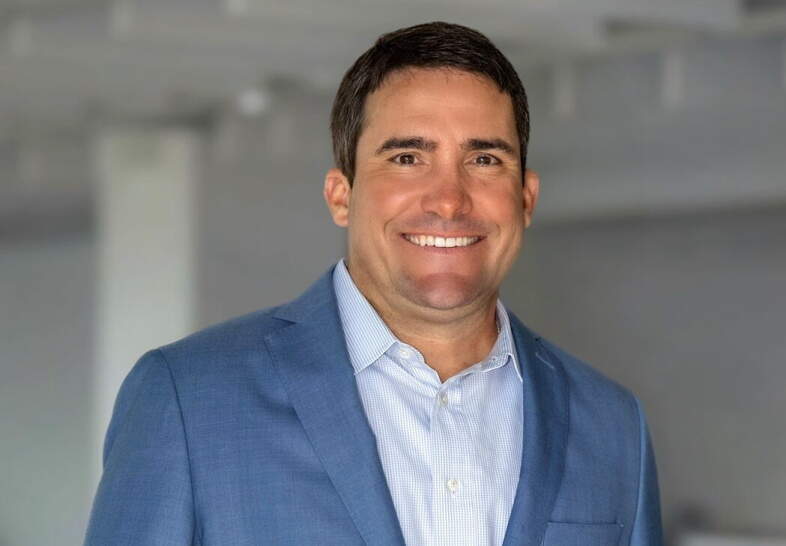
Adam Jackson
Adam Jackson
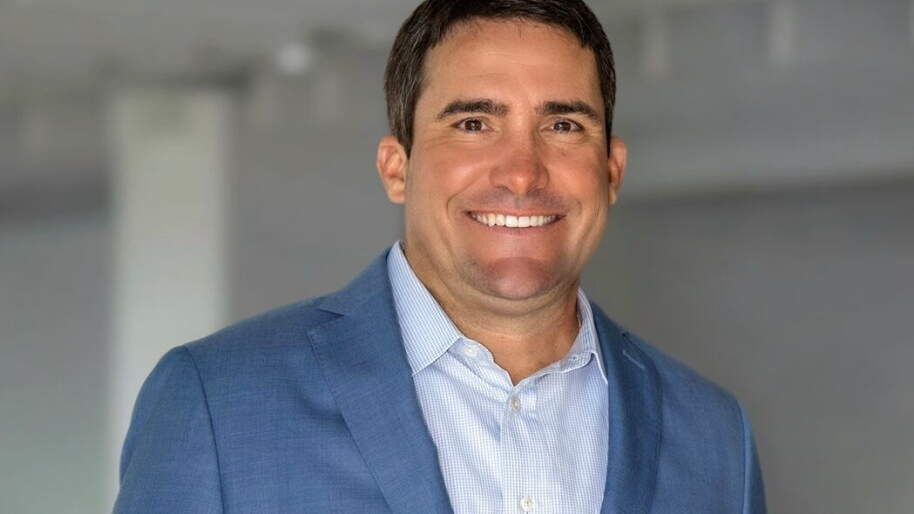
Adam Jackson serves as Stream’s Chief Investment Officer, overseeing five opportunistic discretionary funds totaling over $2 billion of equity. Leading a skilled, cross-functional team headquartered in Dallas, Adam also provides strategic direction to hundreds of professionals across Stream’s 20 local offices.
Adam is responsible for the design and execution of the strategic direction and initiatives of Stream’s Investment Platform. His role includes directing the company’s investment activities, managing Stream’s fully discretionary investment funds, and fostering key partner relationships. Since joining Stream in 2008, Adam has spearheaded approximately $9 billion in acquisitions and developments, totaling 58 million square feet.
Additionally, Adam holds positions as a member of Stream’s Investment Committee, co-chair of Stream’s ESG Committee, and founder of Stream’s Scholarship Foundation. Leveraging his extensive network of over 19+ years of industry experience, Adam also plays an integral role in attracting top talent to the organization.
Prior to joining Stream, Adam served at HFF, LP, specializing in arranging acquisitions and development debt/equity financing, along with facilitating investment sales totaling over $1 billion. Upon graduating from Texas A&M University with a Bachelor of Business Administration and Master of Science in Accounting, commencing his career at Ernst & Young in their audit and advisory practice.

Cameron Lapoint
Cameron Lapoint

Cameron LaPoint is an Assistant Professor of Finance at Yale School of Management, where he teaches MBA and Law elective courses on commercial real estate investing and housing markets. His research studies major developments in real estate markets since the Global Financial Crisis, including mortgage market regulation, housing (un)affordability, property tax administration, government risk exposure, and financial barriers to climate change transition. His work has been funded by grants from the Russell Sage Foundation, Yale Planetary Solutions, and Lincoln Institute of Land Policy.
Cameron earned his PhD in Economics from Columbia University in 2020, and his B.A. in Economics and Mathematics from the University of Rochester in 2013. He received the 2020 Homer Hoyt Dissertation Award from the American Real Estate and Urban Economics Association (AREUEA) for his dissertation work on the 1980s Japanese Asset Price Bubble. He studied Economics in Japan at Kyoto University as a 2013-2014 U.S. Fulbright Scholar.
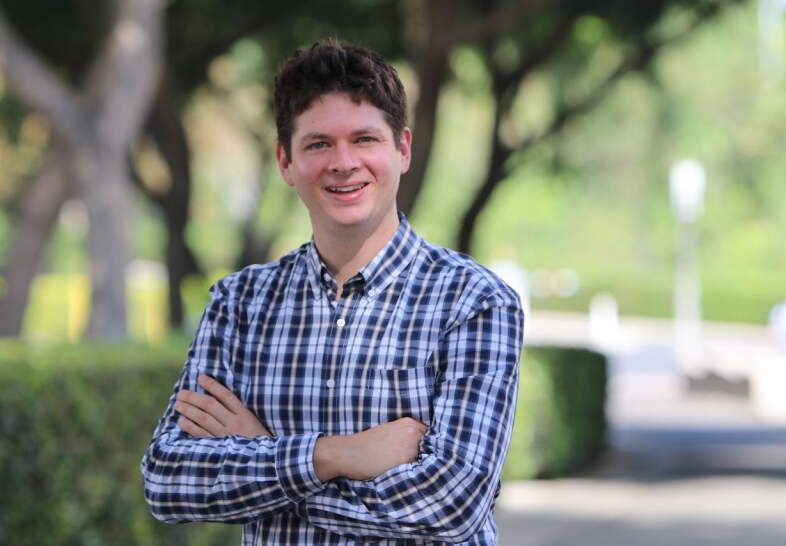
Jack Liebersohn
Jack Liebersohn
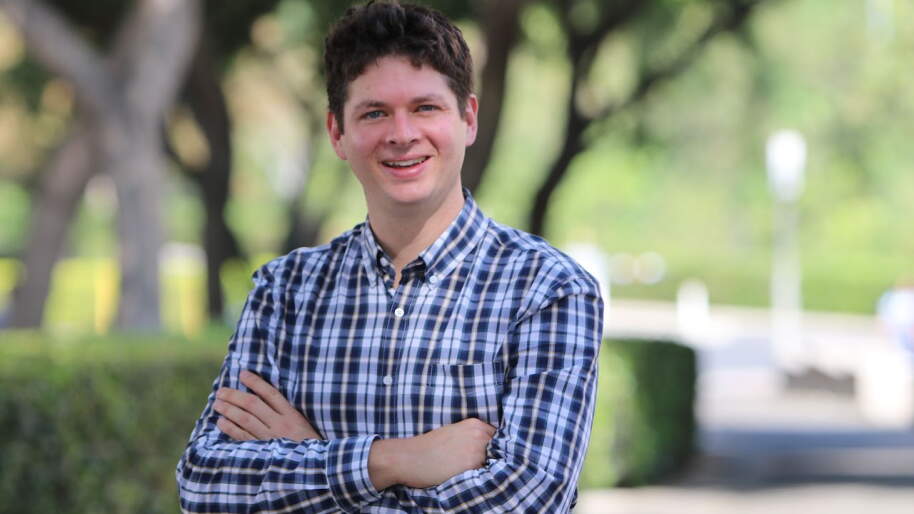
Jack Liebersohn is an Assistant Professor in the Department of Economics at the University of California, Irvine. His research focuses on banking, household finance, and real estate. He earned his Ph.D. in Financial Economics from the Sloan School of Management at MIT in 2018.

William Maher
William Maher

William Maher is Director of Strategy & Research for RCLCO Fund Advisors (RFA), a leading consultant to institutional investors. Based in the Bethesda, Maryland office, Bill leads RFA’s economic and property market research and develops forecasts and house views on the economy, capital markets, metro economies, and property markets. In addition to serving as a member of the RFA Investment Committee, Bill develops real estate investment strategies for pension funds and other institutional clients. Bill has been with RFA since 2020.
Prior to joining RCLCO, Mr. Maher was the lead writer/researcher of the Urban Land Institute’s flagship publication Emerging Trends in Real Estate 2021. Before that, Bill was Director of Strategy & Research, Americas, at LaSalle Investment Management for twenty-five years. Before LaSalle, Bill was a Partner in Ernst & Young’s Real Estate Consulting practice and an EVP & CFO at Halcyon Ltd. He has written and presented extensively on a wide range of topics and is active in PREA, RERI, ULI, NCREIF, AIF and other industry groups.
Bill has a Master’s in Urban Planning from Harvard University’s Kennedy School of Government and a Bachelor’s in Economics from Williams College.
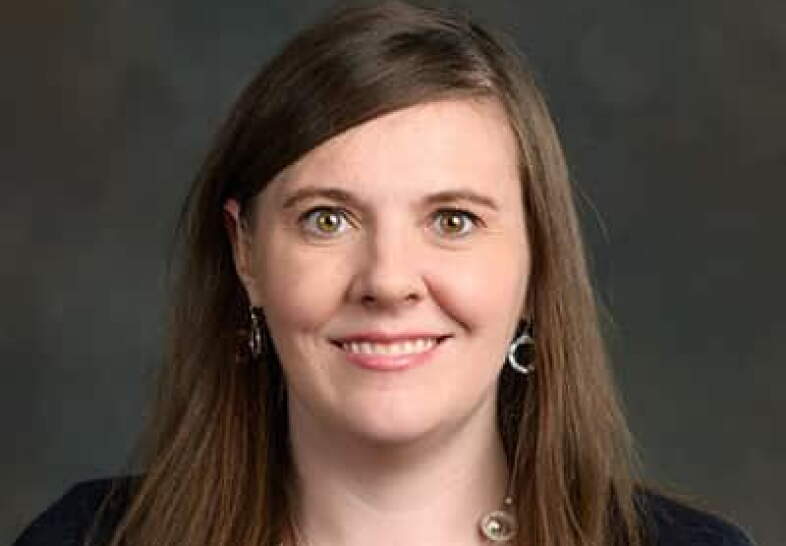
Meagan McCollum
Meagan McCollum
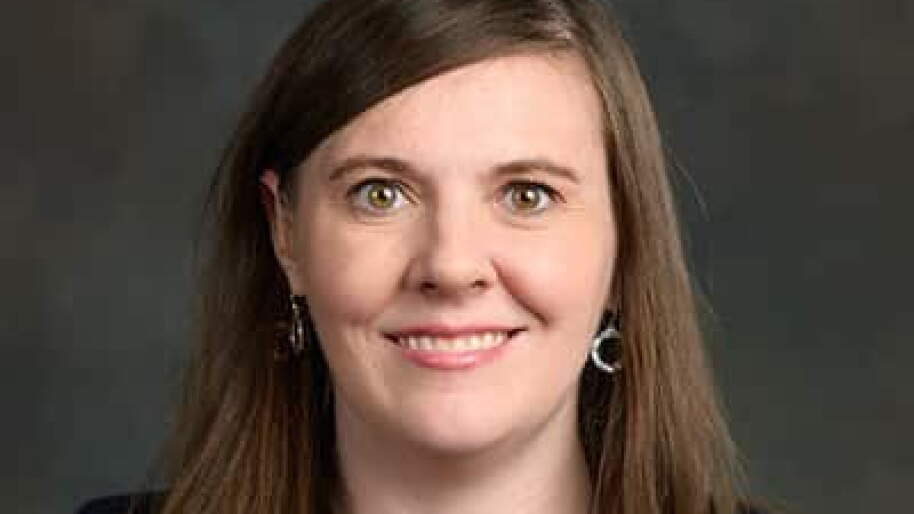
Meagan McCollum is currently an Associate Professor of Finance and Director of the Center of Real Estate Studies in the Collins College of Business at the University of Tulsa. Her research interests include real estate finance, financial intermediation, and sustainability.
During her tenure at the University of Tulsa, Dr. McCollum has taught undergraduate and graduate courses in financial markets and institutions, real estate, statistics, and money and capital markets. Additionally, while at TU, she has started the student real estate club in Fall 2021, launched the undergraduate real estate minor in Fall 2022, and most recently, the Center for Real Estate Studies, established in Fall 2023. Prior to joining the University of Tulsa, she was an Assistant Professor of Real Estate at Baruch College, City University of New York where she taught classes in real estate capital markets and real estate finance.
Dr. McCollum holds a Ph.D. in Finance with a minor in Economics from Louisiana State University. She earned a M.S. in finance with a concentration in real estate from the University of Alabama, a M.B.A and a B.A. in music from Samford University. She currently member of the board of the International Real Estate Society (IRES) and the co-chair of the C-WIRE2 (Connecting Women in Real Estate Together) group for the American Real Estate Society (ARES). She is a member of international professional academic organizations such as the American Real Estate and Urban Economics Association (AREUEA), American Real Estate Society (ARES), and Financial Management Association (FMA). Locally, she is a member of the professional advisory board for OU-Tulsa’s graduate program in Urban Design and a member of the Program Committee for the Urban Land Institute (ULI) Tulsa chapter.

Clemens Pilgram
Clemens Pilgram

Clemens Pilgram is an Assistant Professor of Real Estate and Community Development at the College of Architecture, Planning & Design at Kansas State University. His research interests fall broadly under the umbrellas of urban studies, real estate economics, and housing policy: How do people choose where to live? How do real estate developers choose what to build where? What role do neighborhood amenities and transportation infrastructure play in such decisions? Before coming to KSU, Prof. Pilgram was a Postdoctoral Fellow at the Carl H. Lindner College of Business’s Real Estate Center at the University of Cincinnati. He received his PhD in Urban Planning and Development from the Sol Price School of Public Policy at the University of Southern California, and his undergraduate degree in economics and geography from Macalester College.

Stijin Van Nieuwerburg
Stijin Van Nieuwerburg

Stijn Van Nieuwerburgh is the Earle W. Kazis and Benjamin Schore Professor of Real Estate and Professor of Finance at Columbia University’s Graduate School of Business, which he joined in July 2018 after 15 years at New York University’s Stern School of Business. He earned his PhD in Economics (2003), MSc in Financial Mathematics (2001), and MA in Economics (2001) from Stanford University, and a B.A. in Economics from the University of Ghent, Belgium (1998).
His research lies in the intersection of real estate, asset pricing, and macroeconomics. He studies the impact of remote work on real estate valuations, affordable housing policies, mortgage market design, the impact of foreign buyers on the housing market, property price dynamics, and mortgage choice. Another recent strand of his research focuses on government debt and fiscal policy. His has published over 50 articles in peer-reviewed journals and his work is frequently covered in the media, including on 60 Minutes, the New York Times, the Wall Street Journal, the Economist, and the Financial Times.
In 2016, Van Nieuwerburgh was awarded the 15th Edition of the Bernácer Prize for his research on the transmission of shocks in the housing market on the macro-economy and the prices of financial assets. In 2020, he won the TIAA Paul Samuelson Award for research on lifelong financial security for his work on combining life and health insurance. In 2024, he was awarded the inaugural Practice Prize from Columbia Business School for his work and advocacy on post-pandemic office markets and the urban doom loop.
Professor Van Nieuwerburgh served as the President of the American Real Estate and Urban Economics Association in 2022. He currently serves as a board member of the American Finance Association. He will serve as the President of the European Finance Association in 2027. He is a Faculty Research Associate at the National Bureau of Economic Research, at the Center for European Policy Research, and at the Asian Bureau for Finance and Economics Research. He was an Editor at the Review of Financial Studies from 2016 until 2020.
Outside academia, he serves on the board of directors of Moody’s Investor Services, Anchor Healthcare Properties, and the Belgian American Educational Foundation.

Atlas Wu
Atlas Wu

Atlas Wu is a PhD candidate in Real Estate and Finance at the SC Johnson College of Business, Cornell University. His research focuses on household finance, health finance, and commercial real estate finance. Prior to pursuing his PhD, he worked as a real estate analyst at PKF and a data analyst at Trip.com.
We are currently in the process of finalizing the agenda for the 2025 Symposium.
Here is the 2025 agenda.
Generous support for the symposium provided by:

To learn more about sponsorship opportunities for the 2025 CREDA Symposium, email Katie Hambrick.

